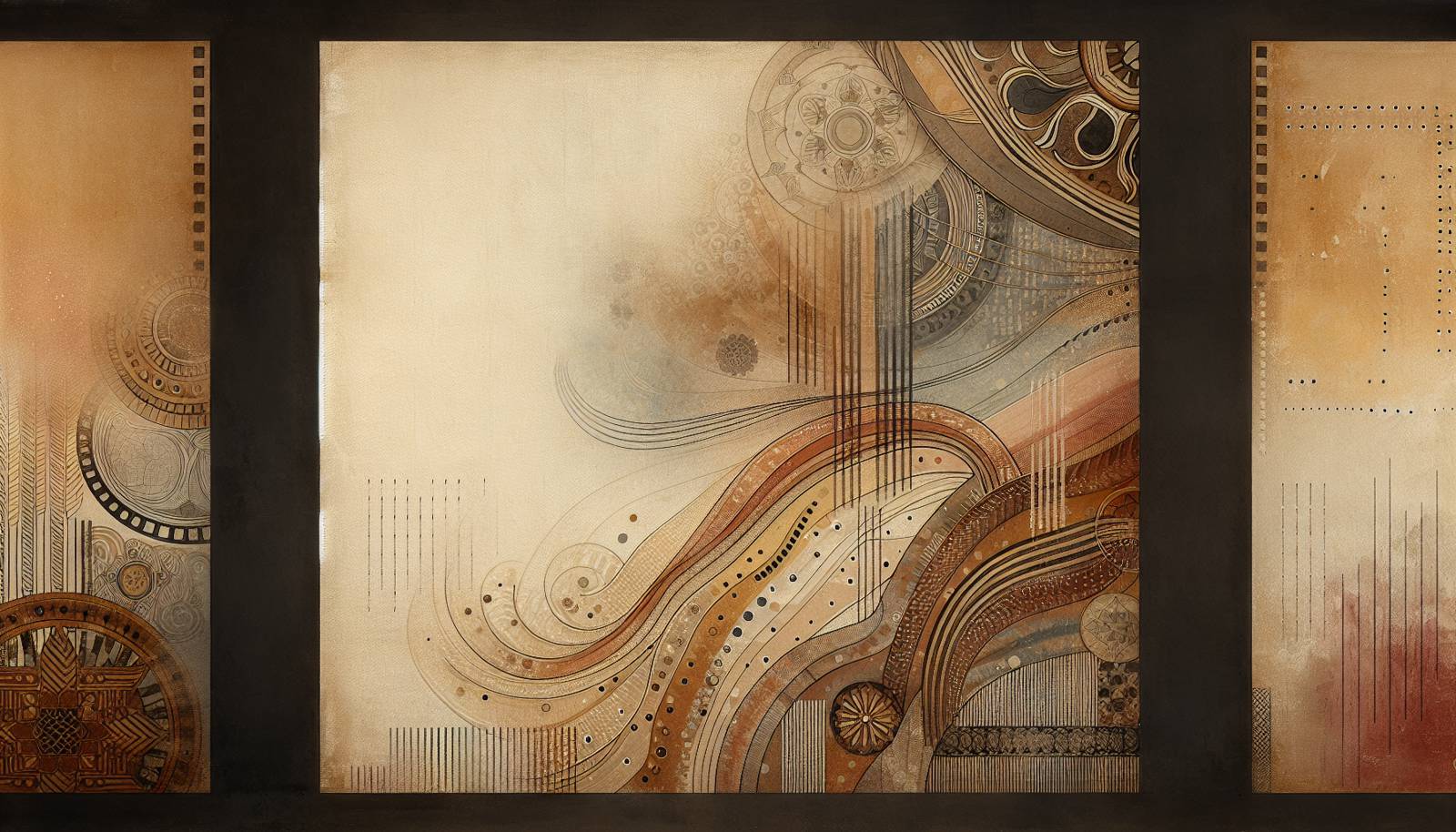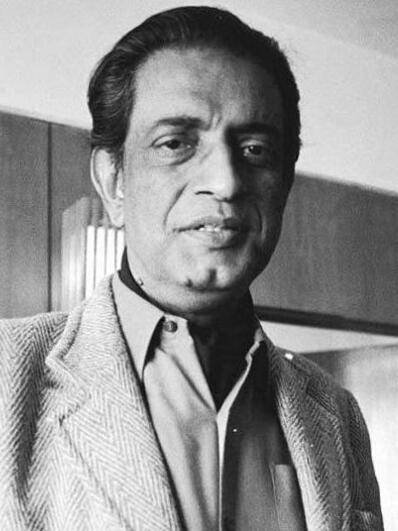
FAQ About Satyajit Ray

Who was Satyajit Ray?
Satyajit Ray was an iconic Indian film director, writer, and composer known for his profound impact on world cinema. He is celebrated for his realistic portrayals of Indian society and has directed numerous acclaimed films, including the "Apu Trilogy."

What is Satyajit Ray best known for?
Satyajit Ray is best known for his "Apu Trilogy," consisting of the films "Pather Panchali," "Aparajito," and "Apur Sansar." These films are renowned for their humanistic storytelling and realistic depiction of rural India, earning international acclaim.

Which awards did Satyajit Ray win?
Satyajit Ray received numerous awards, including an Honorary Academy Award for Lifetime Achievement and the Bharat Ratna, India's highest civilian award. His films have won many Indian National Film Awards as well as international recognitions such as the Golden Lion at the Venice Film Festival.


What was Satyajit Ray's first film?
Satyajit Ray's first film was "Pather Panchali," released in 1955. It is the first part of the "Apu Trilogy" and marked the beginning of Ray's illustrious filmmaking career.

How did Satyajit Ray influence world cinema?
Satyajit Ray influenced world cinema through his masterful storytelling and humanistic approach to filmmaking. His realistic depiction of life in India and his innovation in cinematic techniques have inspired directors worldwide, including Martin Scorsese, Akira Kurosawa, and Christopher Nolan.

Did Satyajit Ray only make films in Bengali?
While most of Satyajit Ray's films were in Bengali, he also directed films in Hindi, such as "Shatranj Ke Khilari." However, his Bengali films are the most celebrated globally.

What is the "Apu Trilogy" about?
The "Apu Trilogy" follows the life of Apu, a young boy growing up in rural India. It explores his journey from childhood to adulthood, capturing the trials and tribulations of a family living in poverty and Apu's quest for self-discovery and personal growth.

Are there books by Satyajit Ray available?
Yes, Satyajit Ray was also a prolific writer. He wrote numerous books, including detective stories and science fiction. His famous literary works include the "Feluda" detective series, featuring the protagonist Pradosh C. Mitter (Feluda).

Was Satyajit Ray also a composer?
Yes, Satyajit Ray was a multi-talented artist who also composed music for several of his films. His interest in music significantly influenced the soundtracks of his movies, adding to their emotional and narrative depth.

How did Satyajit Ray begin his filmmaking career?
Satyajit Ray's interest in filmmaking grew while he was working as a graphic designer. Inspired by a meeting with French filmmaker Jean Renoir and a viewing of "Bicycle Thieves" by Vittorio De Sica, Ray decided to make "Pather Panchali," which became his first and critically acclaimed film.

What themes are commonly found in Satyajit Ray's films?
Satyajit Ray's films often explore themes such as humanism, poverty, personal growth, social issues, and the struggles of ordinary people. His storytelling emphasizes character development and the subtle nuances of everyday life.

Did Satyajit Ray ever work on international projects?
While Satyajit Ray primarily focused on Indian cinema, his influence and reputation were global. However, his direct collaborations internationaly were limited, as he preferred to work on projects rooted in Indian culture and settings.

What impact did Satyajit Ray have on Indian cinema?
Satyajit Ray revolutionized Indian cinema by introducing realism and depth to storytelling, moving away from formulaic narratives. His work paved the way for future filmmakers to experiment with different genres and styles, significantly enriching Indian cinema.

How many films did Satyajit Ray direct?
Satyajit Ray directed 36 films, including feature films, documentaries, and short films, covering a diverse range of subjects and genres.

Did Satyajit Ray receive any posthumous honors?
After his death in 1992, Satyajit Ray has continued to be honored for his contributions to cinema. Retrospectives of his work have been held worldwide, and he remains a celebrated figure in film studies internationally.

What is the legacy of Satyajit Ray in contemporary filmmaking?
Satyajit Ray's legacy in contemporary filmmaking is profound. His emphasis on realism, character-driven narratives, and cultural authenticity continues to inspire filmmakers globally. His works are studied for their artistic and cultural significance in cinema history.

What role did Satyajit Ray's family have in his career?
Satyajit Ray came from a family with a rich cultural heritage. His grandfather was a writer and illustrator, and his father was a well-known poet and publisher. This artistic background influenced Ray’s pursuits in both writing and filmmaking.

Why is Satyajit Ray considered a pioneer of parallel cinema in India?
Satyajit Ray is considered a pioneer of parallel cinema in India due to his focus on realistic narratives and socio-political themes, contrasting with the mainstream, commercial film industry. His films highlighted the everyday lives and struggles of common people, setting a benchmark for 'art' cinema.

Was Satyajit Ray involved in any film societies?
Yes, Satyajit Ray was actively involved in founding the Calcutta Film Society in 1947. This initiative played a key role in influencing his understanding and appreciation of cinema and brought him in contact with the international film community.
